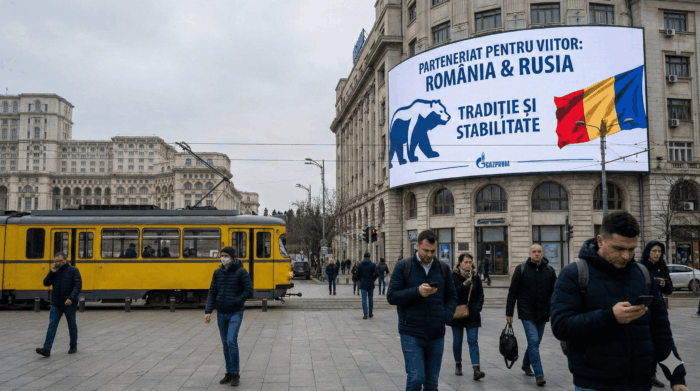The European Think-tank Network on China (ETNC), comprised of China experts from various leading European research institutes, has published a report mapping and identifying differences in China’s soft-power policies in 17 European countries. The report argues that China’s reputation and influence is declining in 10 of these countries and that Beijing today seems less interested in its appeal than in gaining coercive power. According to the report executive summary:
- Based on separate analyses of 17 countries and EU institutions, this report concludes that Chinese soft power in Europe – defined as the ability to influence preferences through attraction or persuasion – has fallen on hard times.
- Developing soft power has been a pillar of Chinese foreign policy and remains a stated goal of China’s long-term policy orientation.
- We identify three prominent Chinese approaches to developing soft power in Europe: promoting Chinese language and culture; shaping China’s image through the media; and using the secondary soft-power effects of economic prowess.
- Recently, and over the last year in particular, China has become more assertive in attempting to shape its image by expanding its toolkit, particularly to enhance its political messaging. This includes the systematic use of social media.
- On the importance of China’s economy, the lines can often be blurred between the attractiveness of economic cooperation and the pressures of economic coercion. Withholding market access for European firms and products has long been an observed practice of reactive Chinese diplomacy, but an increasingly formalized development of sanctioning mechanisms, including “unreliable entity lists” and export control legislation, is a cause for growing concern.
- In other words, market access, trade and investment opportunities are perhaps the single largest factor determining China’s appeal in Europe, but also a major source of its coercive power.
- Different patterns of Chinese soft power projections can be seen across four groups of countries analysed in this report:
- the first group (Austria, Hungary, Poland, Portugal and Slovakia), China does not appear compelled to actively project its soft power, mostly because of the lack of public interest in these countries.
- Italy and Greece, China’s soft power approach aims to arrest the trend of a deteriorating image and is geared towards damage containment.
- Germany, Latvia, the Netherlands, Romania, Spain and the UK, perceptions of China are clearly becoming less favourable, and Beijing is struggling with growing vigilance.
- in Czechia, Denmark, France, and Sweden, China’s soft power is clearly in a state of free fall.
Read the full report here.
China is known for its use of “soft power” in order to support its goals of expanding global influence. It has been actively attempting to interfere in the current US elections, albeit at a smaller scale than Russia and with the aim of sowing confusion rather than supporting either candidate. Recent Global Influence Operations Report coverage of China’s soft power instruments includes:
- In April, we reported that China employs an extensive network of more than 20 million “internet commentators” to amplify content favorable to the Chinese government.
- In April, we reported that China has used a China-based Canadian YouTuber to defend itself against accusations of human rights violations against the Muslim Uyghur population in Xinjiang.
- In March, we reported that China tries to control its international students studying at Scottish universities through student associations.









